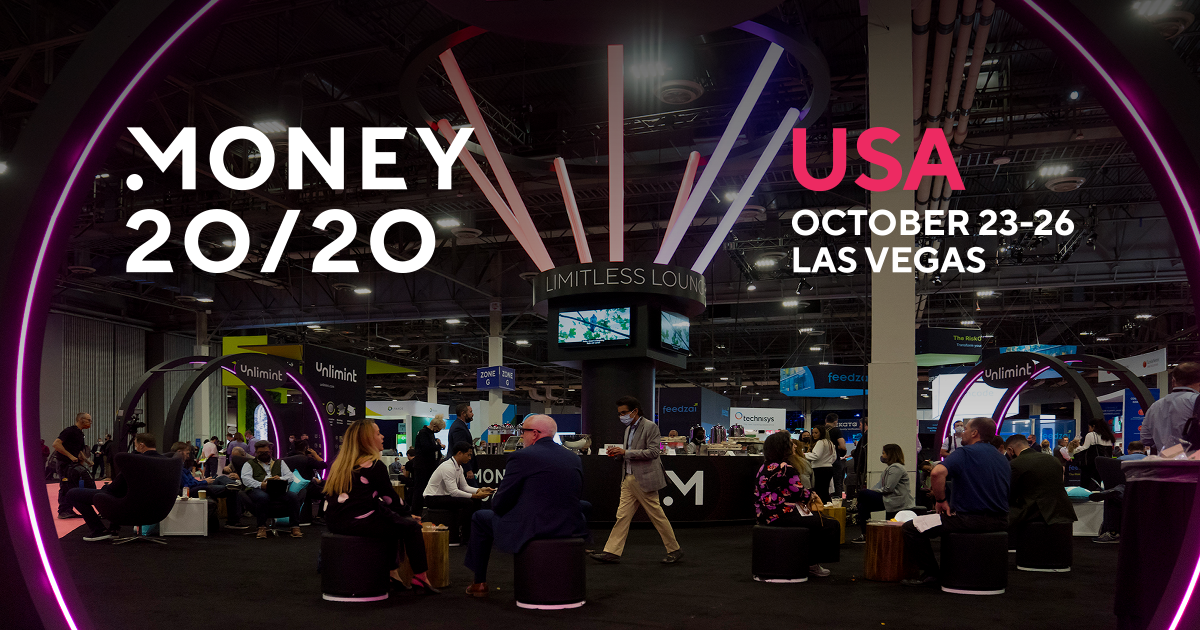%20(1).png)
Harnessing the Power of AI for Cybersecurity
In today's interconnected world, where the internet plays a pivotal role in our daily lives and businesses, the importance of cybersecurity cannot be overstated. With an ever-evolving landscape of digital threats, organizations and individuals are continually seeking innovative solutions to safeguard their data, assets, and privacy. One such game-changing technology that has emerged to bolster cybersecurity efforts is Artificial Intelligence (AI). In this blog post, we will explore the reasons why AI can be highly beneficial for cyber security.

.png)

.png)
.png)
.png)
.png)
.png)
.png)
